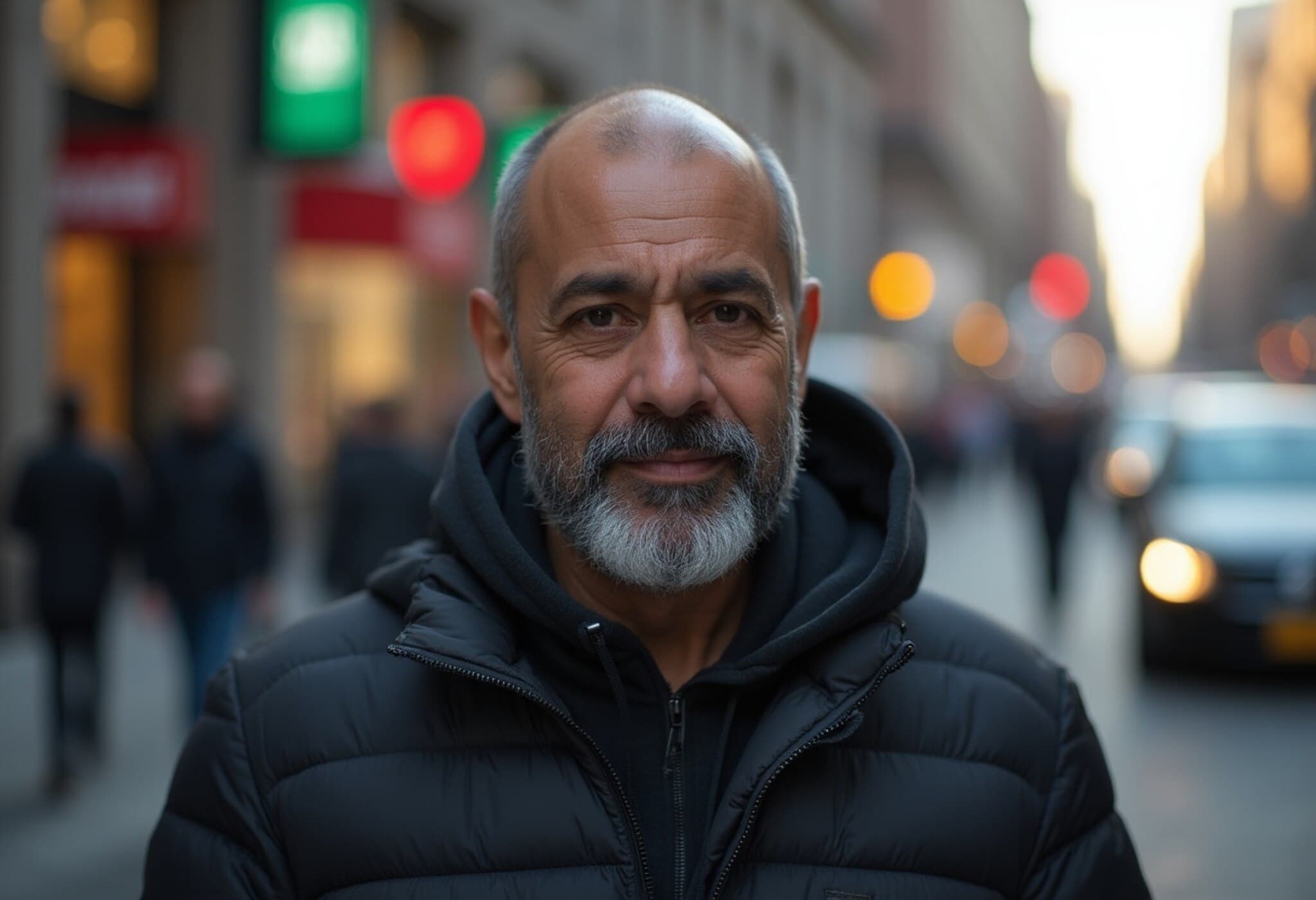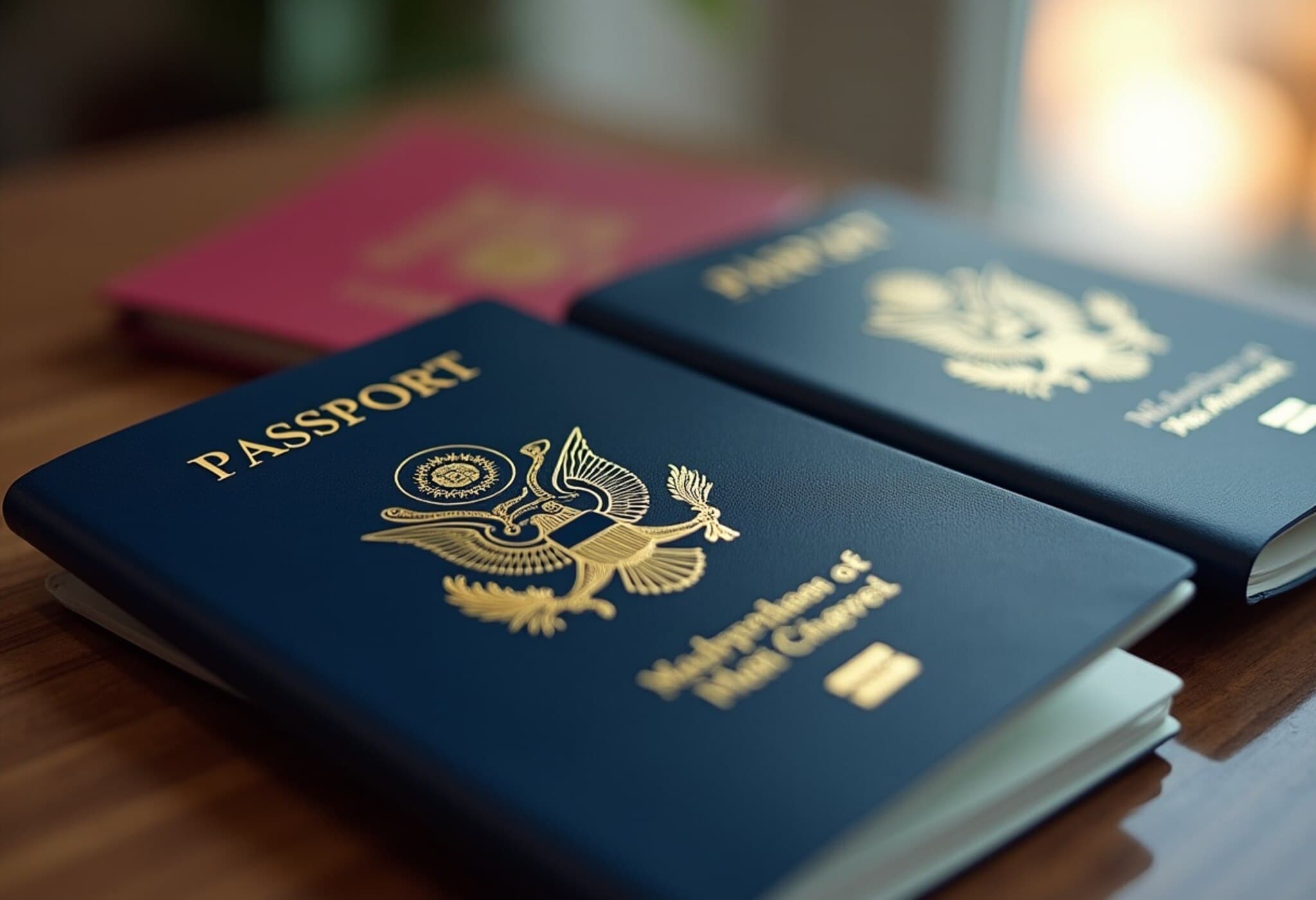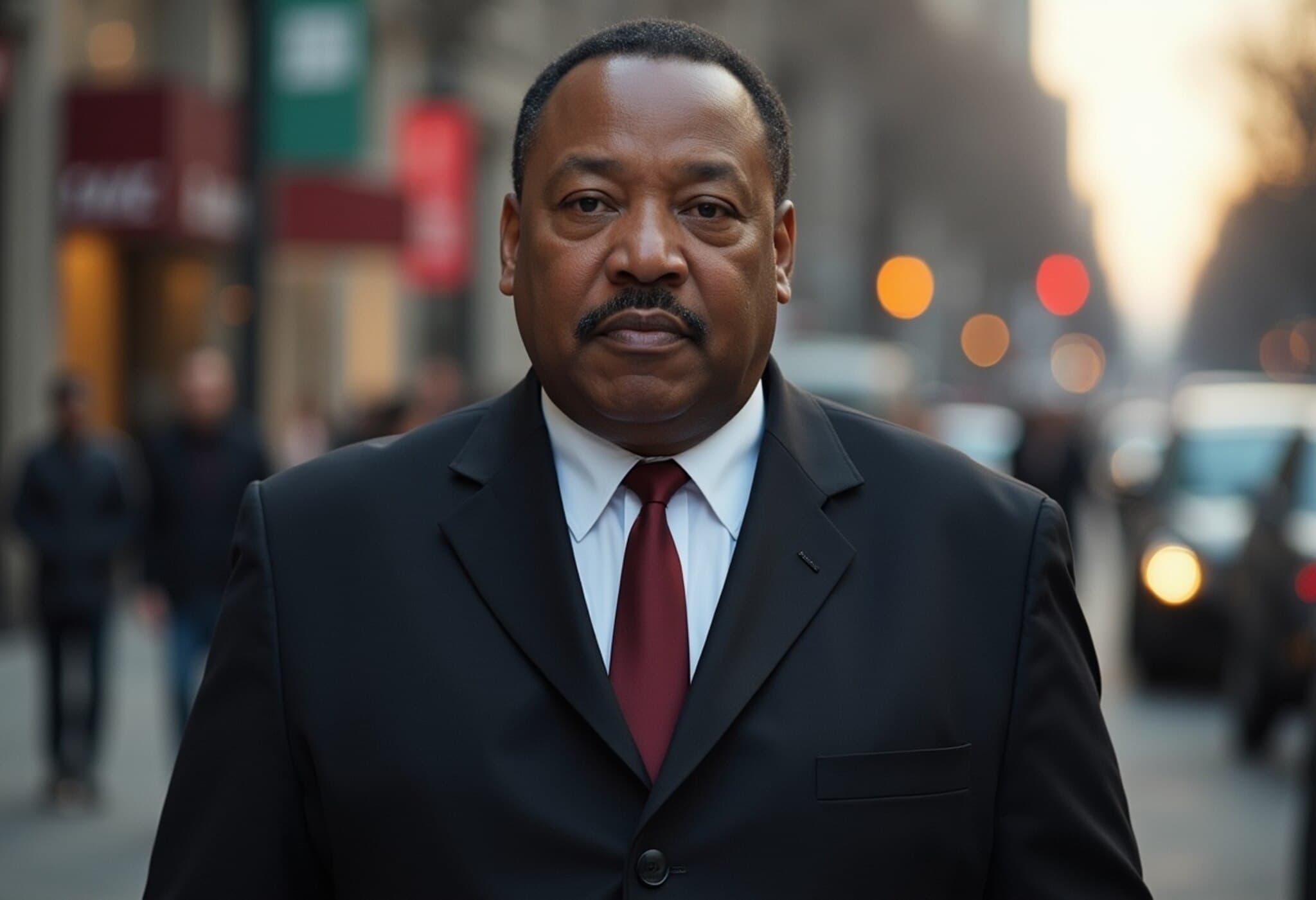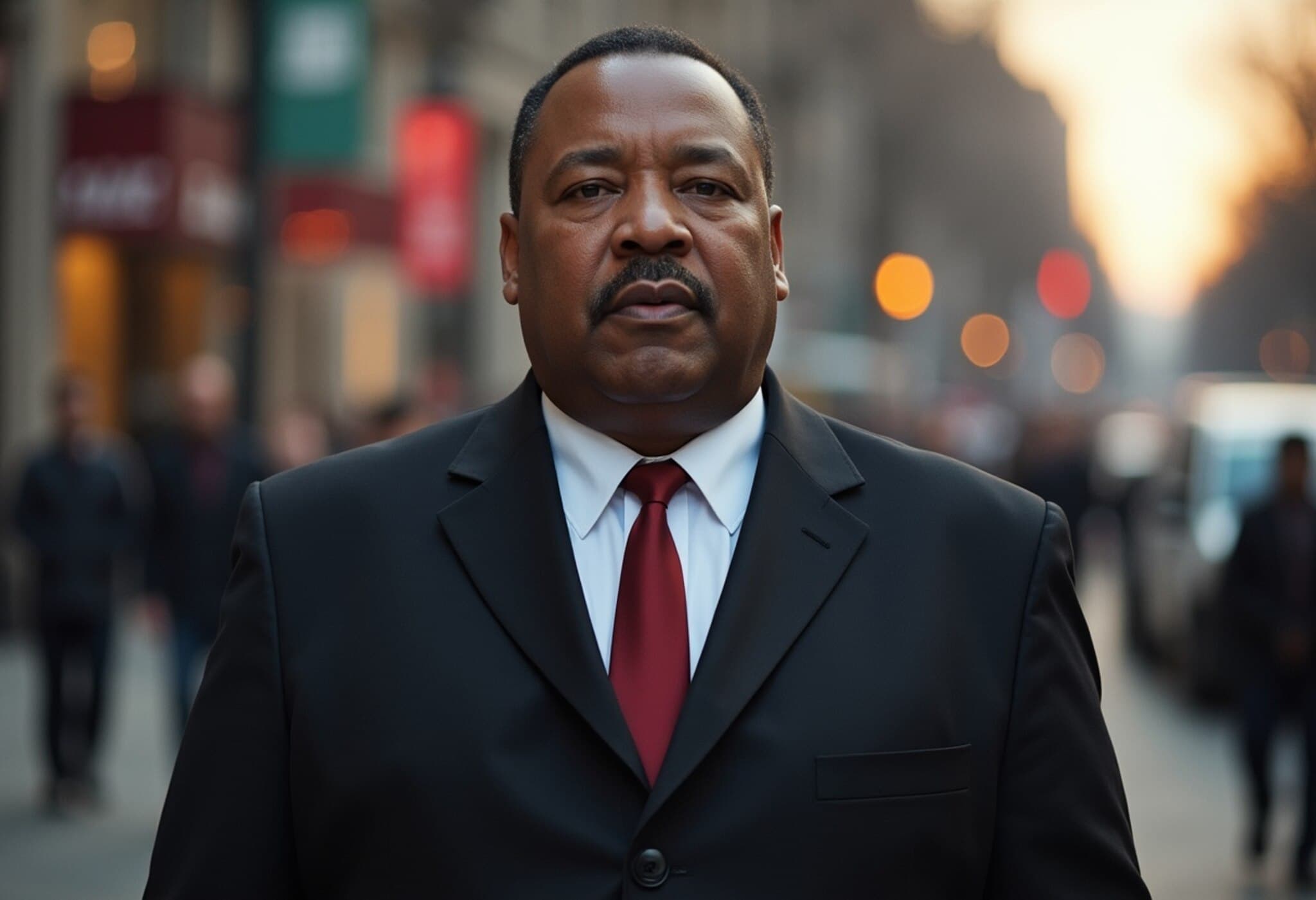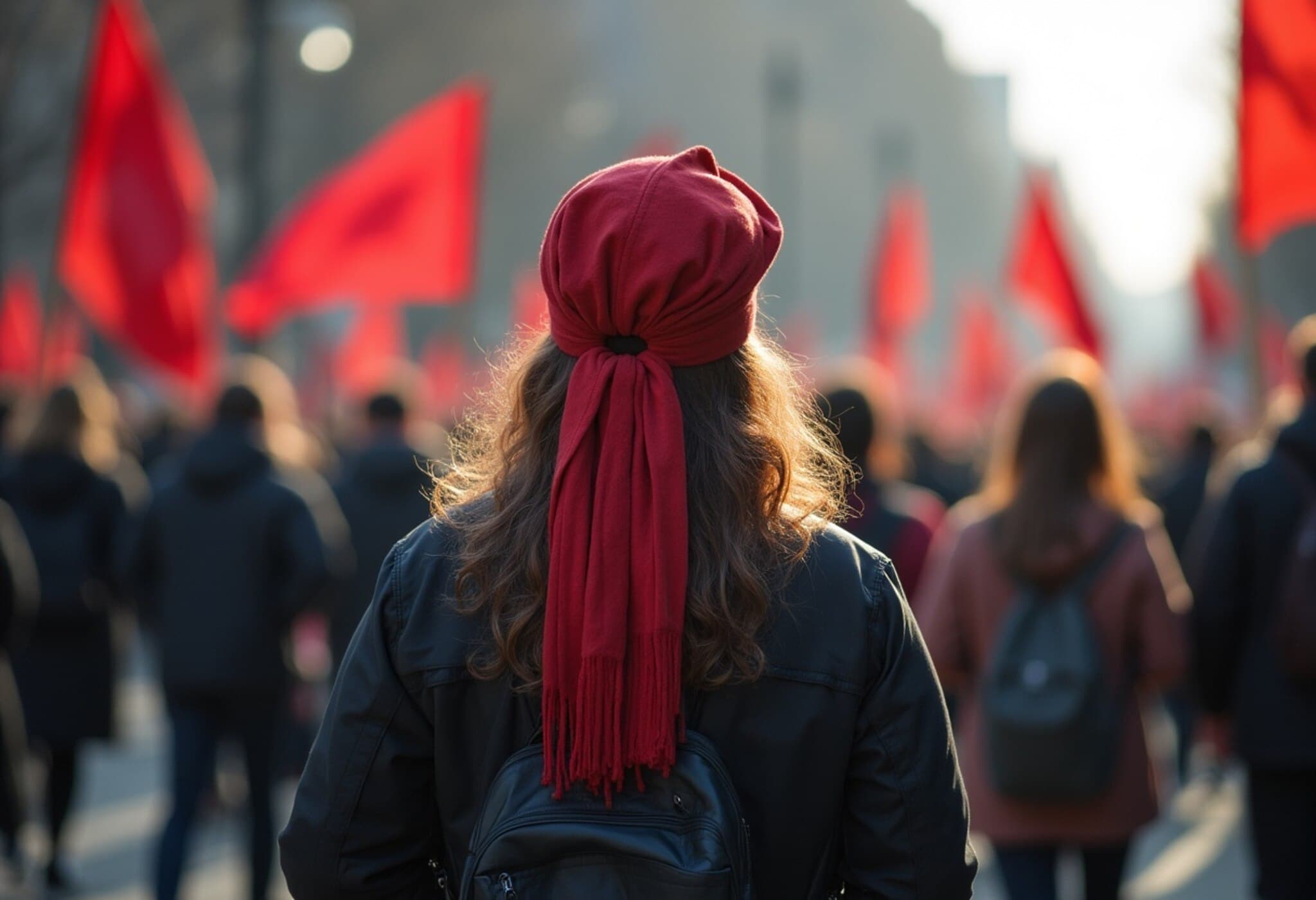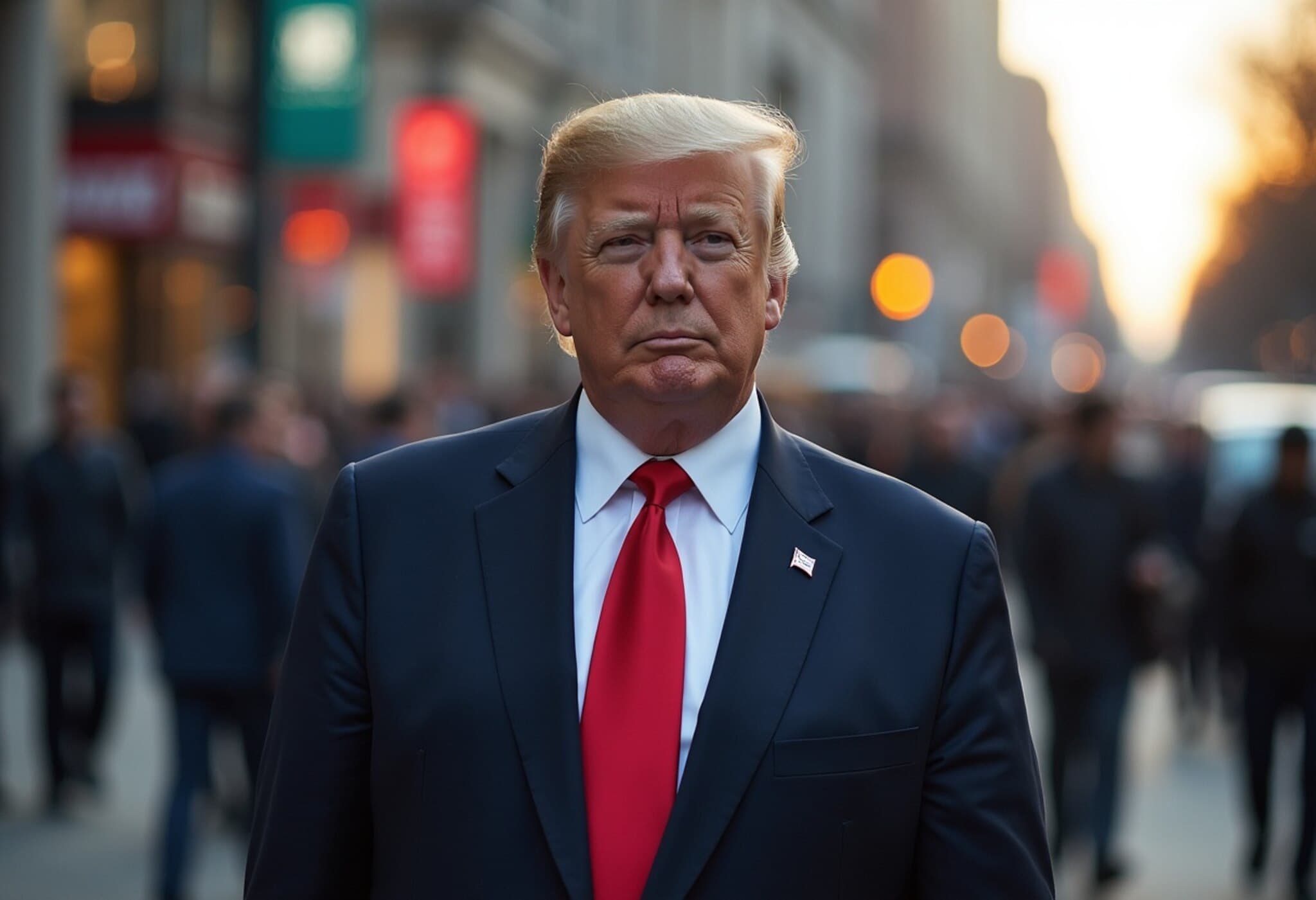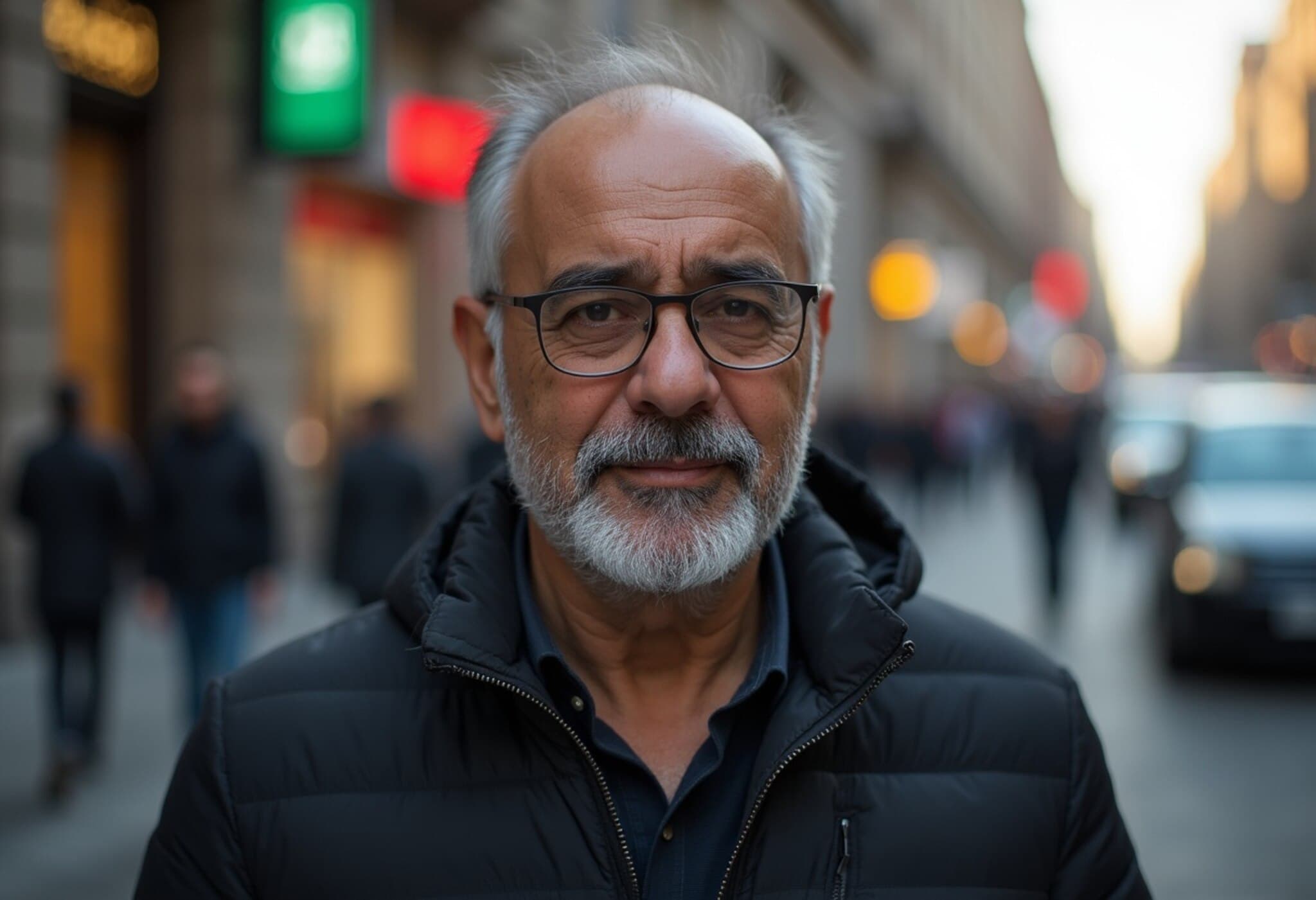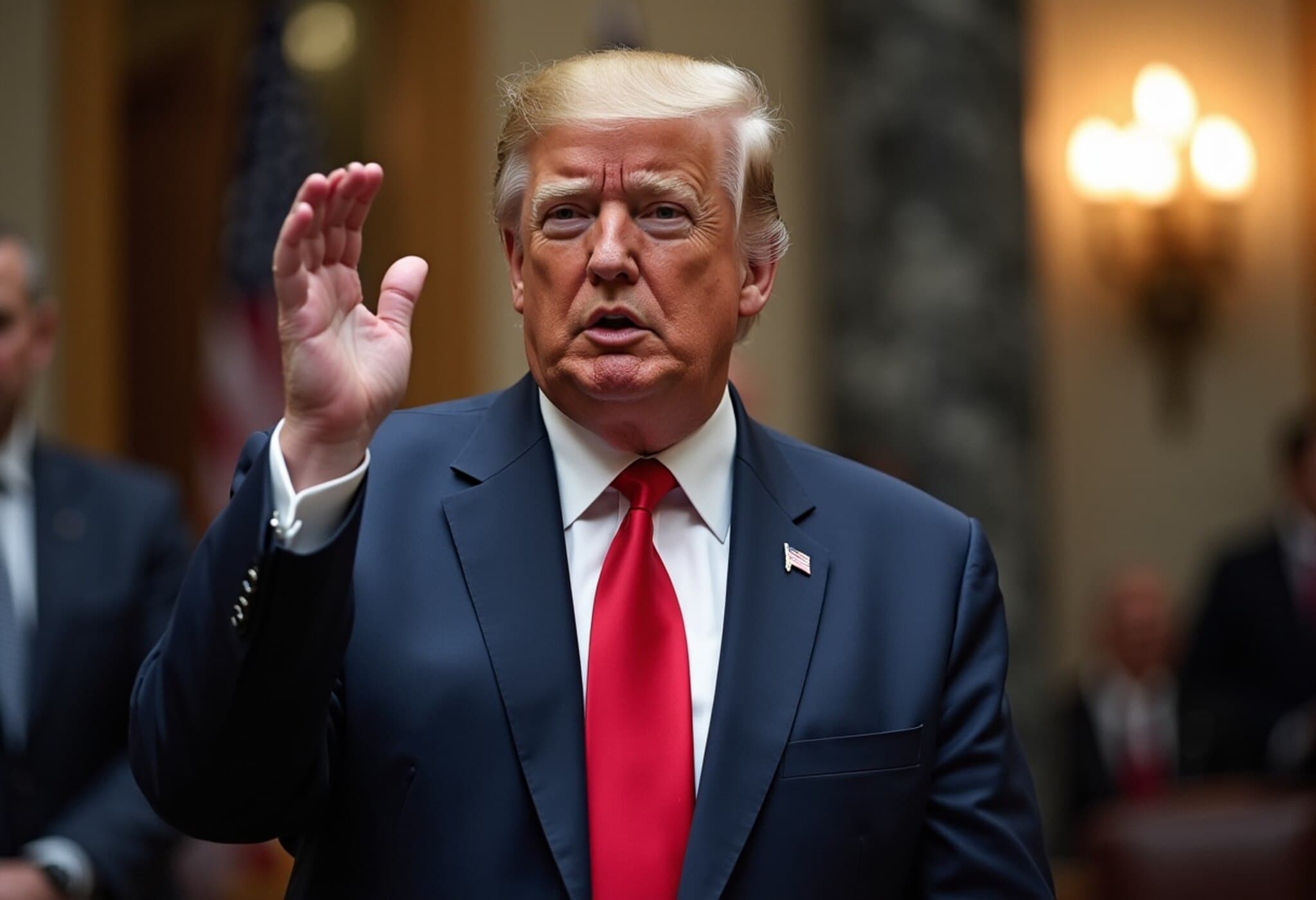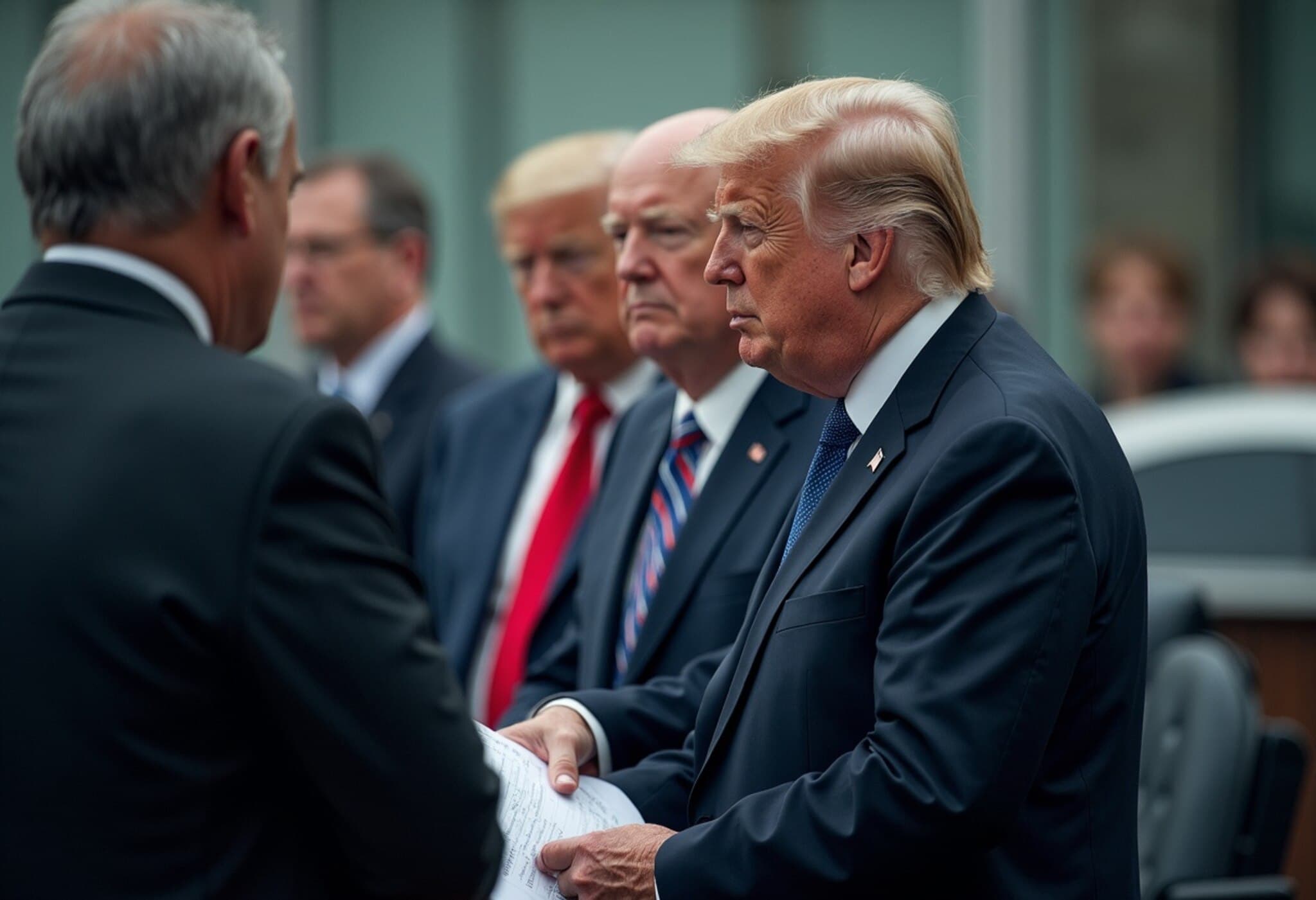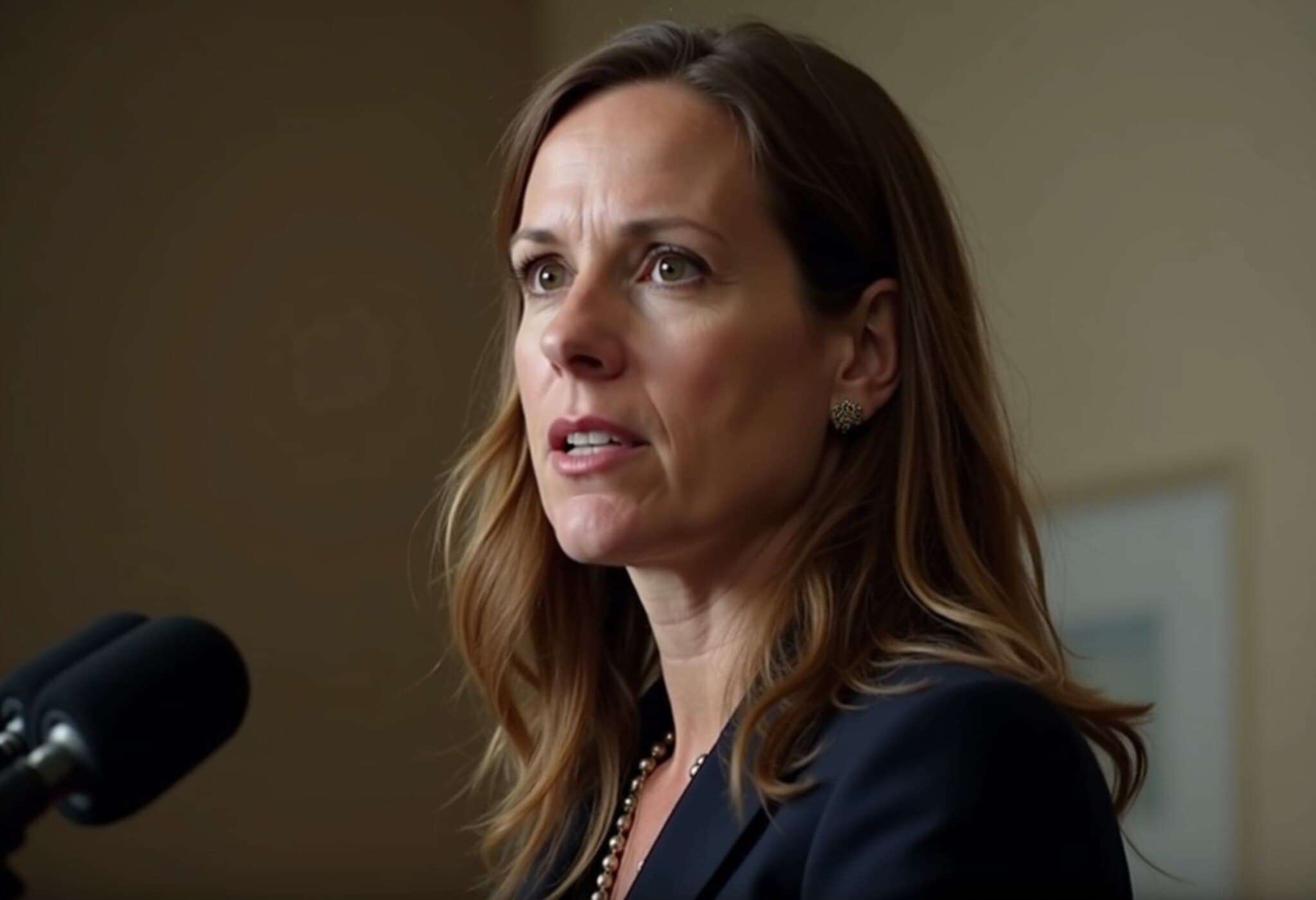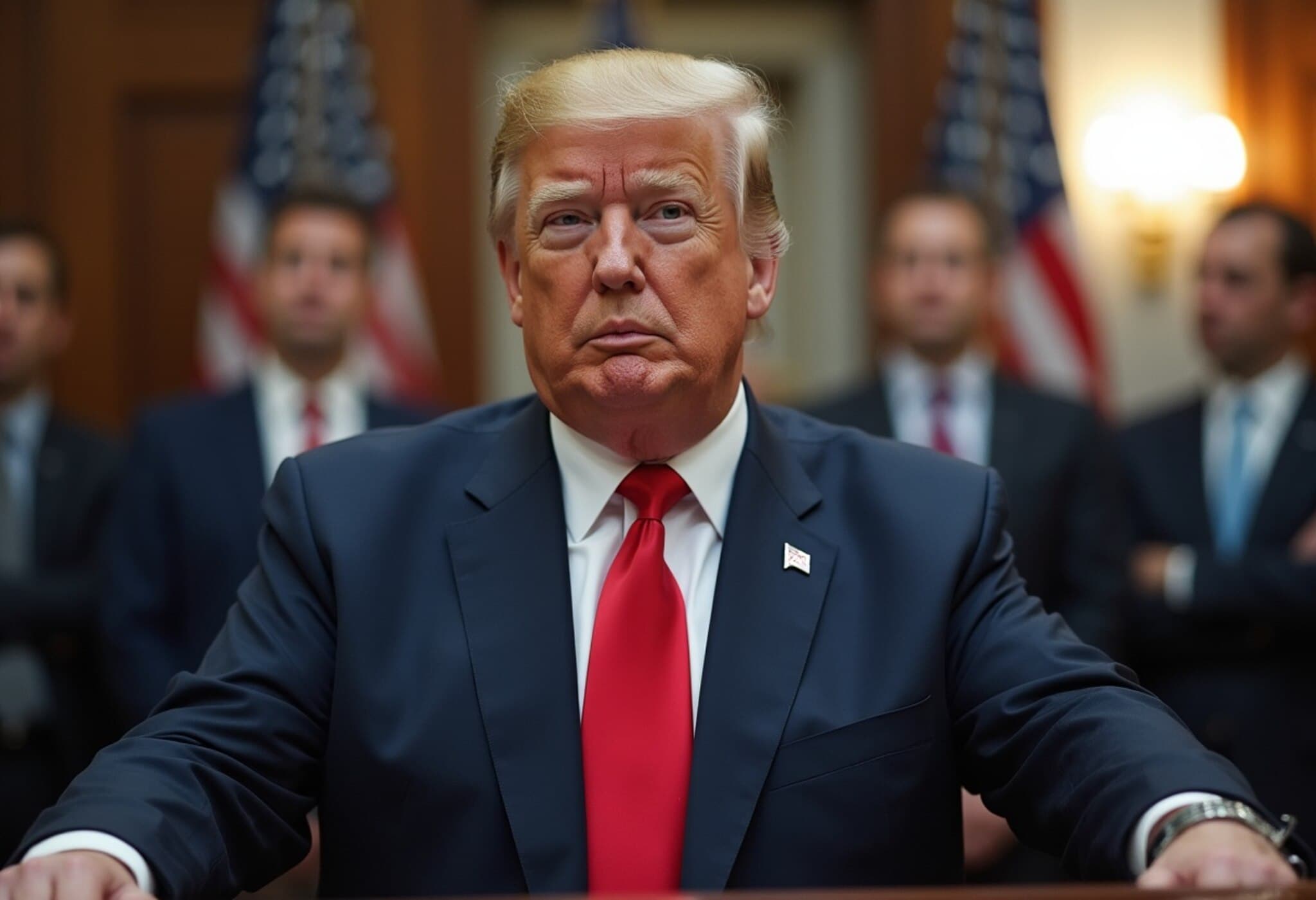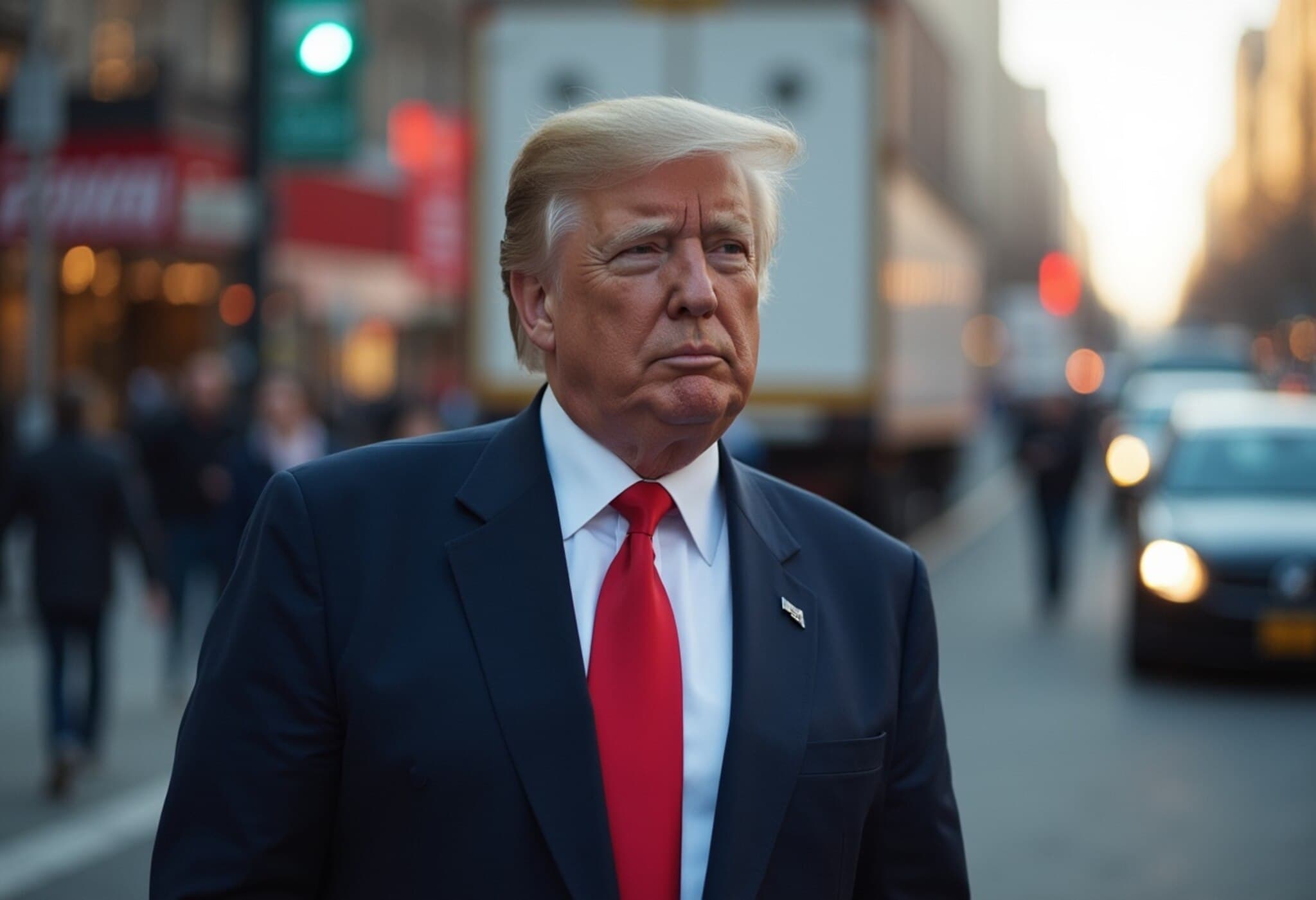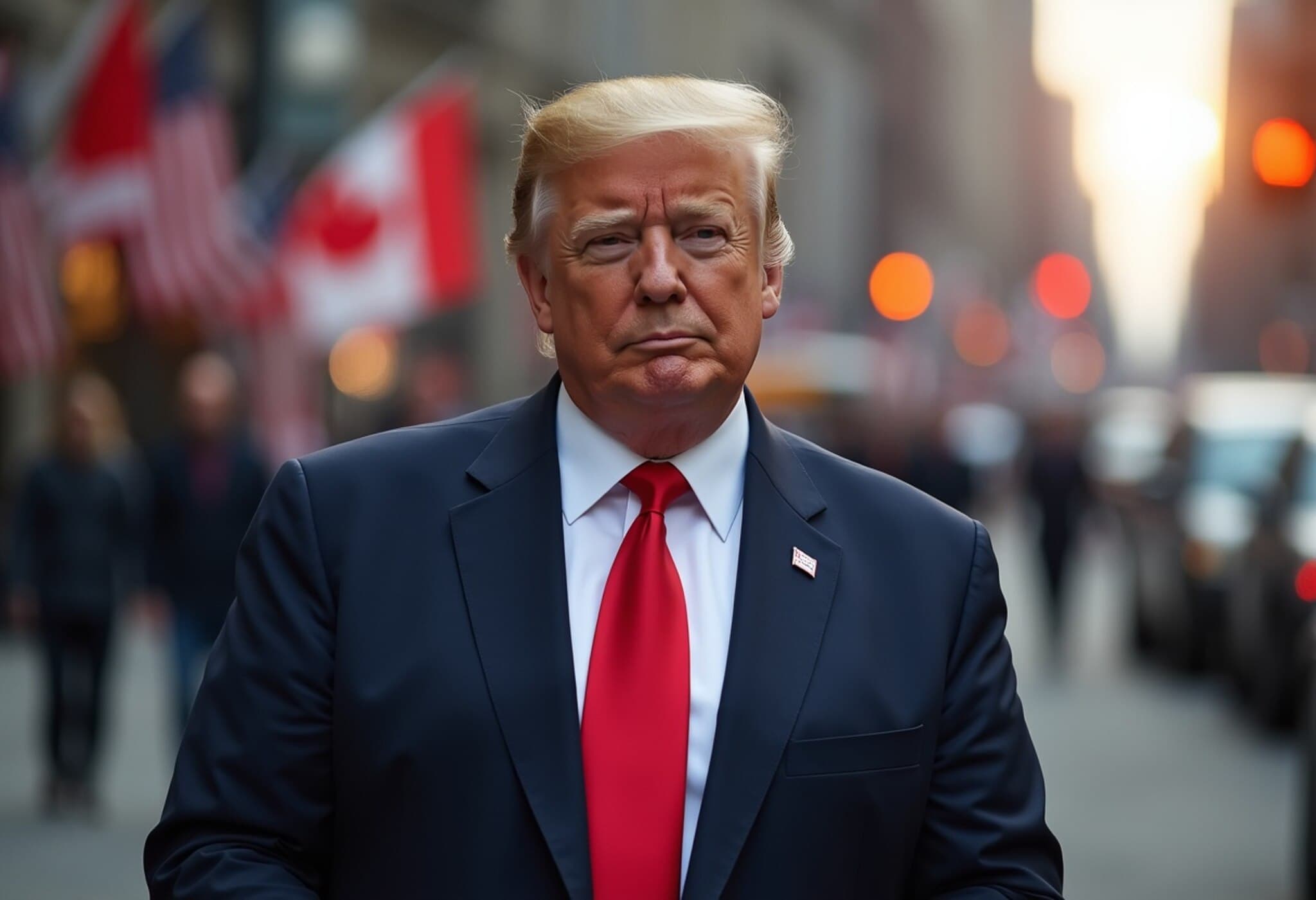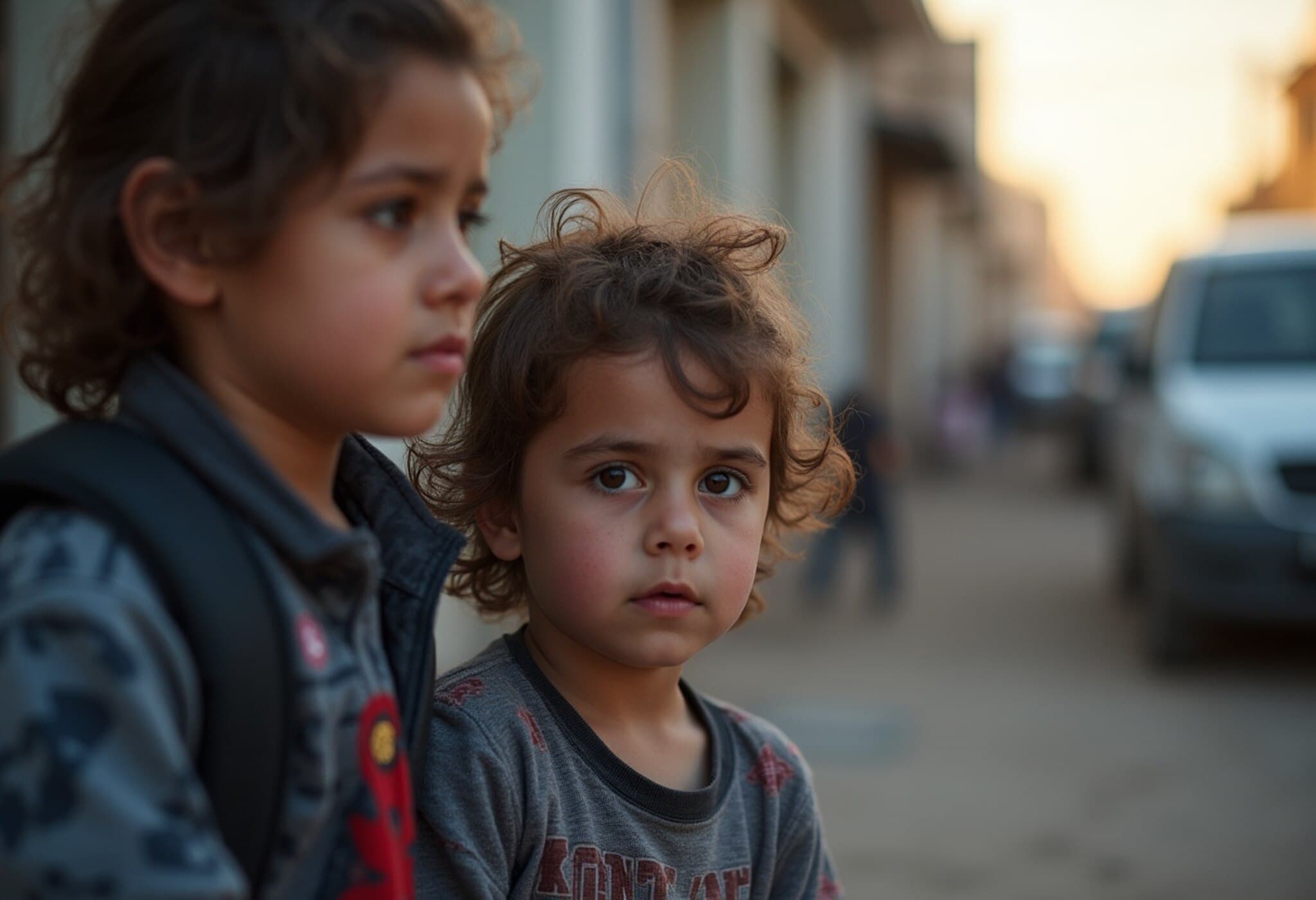Pro-Palestinian Activist Mahmoud Khalil Files $20 Million Lawsuit Against Trump Administration
Mahmoud Khalil, a prominent pro-Palestinian activist and legal permanent resident of the United States, has taken a bold legal step by suing the Trump administration for $20 million. The lawsuit alleges wrongful arrest, unlawful detention, and political retaliation surrounding his March 2025 apprehension and subsequent confinement by immigration authorities.
Background: Arrest and Detention
Khalil, 30, a Columbia University graduate and a frequent figurehead in campus protests against U.S. policy toward Israel, was arrested at his university-owned apartment earlier this year. He was soon detained in a federal immigration facility in Louisiana. Relatives and supporters say his arrest was part of a politically motivated crackdown, while federal officials have characterized him as a national security threat.
After nearly 104 days in detention, Khalil was released on bail last month following a judge’s order. His lawyers and advocacy groups, including the Center for Constitutional Rights, argue that his arrest and detention were unjustified and executed 'in a manner calculated to terrorize him and his family.'
Claims of Political Retaliation and Human Rights Concerns
The lawsuit details the severe personal toll on Khalil, citing emotional distress, economic hardship, and reputational damage. Khalil’s legal team emphasizes that he is married to a U.S. citizen and father to a U.S.-born child, underscoring his deep familial and community ties.
"Nothing can restore the 104 days stolen from me—the trauma, separation from my wife, and missing the birth of my first child," Khalil stated. "This lawsuit is the first step toward accountability for political retaliation and abuse of power."
Khalil has also spoken publicly about his detention conditions, describing a cramped dormitory overcrowded with over 70 men, incessant lighting, and a complete lack of privacy—conditions that human rights observers have frequently criticized as detrimental to detainees' well-being.
Government's Position and Broader Context
In response, Assistant Department of Homeland Security Secretary Tricia McLaughlin defended the administration’s actions: "The Trump Administration acted well within its statutory and constitutional authority to detain Khalil, as it does with any individual who advocates violence, supports terrorism, harasses Jews, and damages property." She cited concerns that Khalil’s presence could have severe foreign policy repercussions.
Khalil's case unfolded amid a broader political campaign by the Trump administration targeting major US universities over foreign student enrollment and federal funding, highlighting growing tensions over academic freedom, political activism, and immigration policies on campuses.
Implications for Civil Liberties and Campus Activism
This lawsuit raises critical questions about government overreach, freedom of expression, and protections for legal permanent residents. Advocates warn that it could set a precedent for punitive actions against dissenters, particularly those involved in politically sensitive movements like pro-Palestinian activism in the U.S.
Legal experts note the case spotlights the balance between national security concerns and fundamental civil liberties, emphasizing the need for transparency and due process in immigration enforcement.
Looking Forward: What This Means
- Will Khalil’s legal challenge pressure government agencies to reconsider detention policies for immigrant activists?
- How might this case influence future campus activism amid increasing politicization of foreign policy issues?
- What protections can legal permanent residents expect against politically charged immigration actions?
As the case unfolds, it is likely to attract nationwide attention from civil rights organizations, immigration advocates, and policymakers concerned with safeguarding constitutional rights in an era of heightened political division.
Editor’s Note
Mahmoud Khalil’s lawsuit exposes the precarious intersection of immigration enforcement and political expression in America. While national security remains a legitimate governmental concern, this case invites reflection on the potential misuse of power against dissenting voices. It also underscores the human cost behind headline-driven legal battles — the separation of families, emotional trauma, and the cutting of community ties. Readers are encouraged to consider how policies affect not only abstract legal principles but also the lived realities of individuals and families striving to exercise their rights in a complex political environment.

